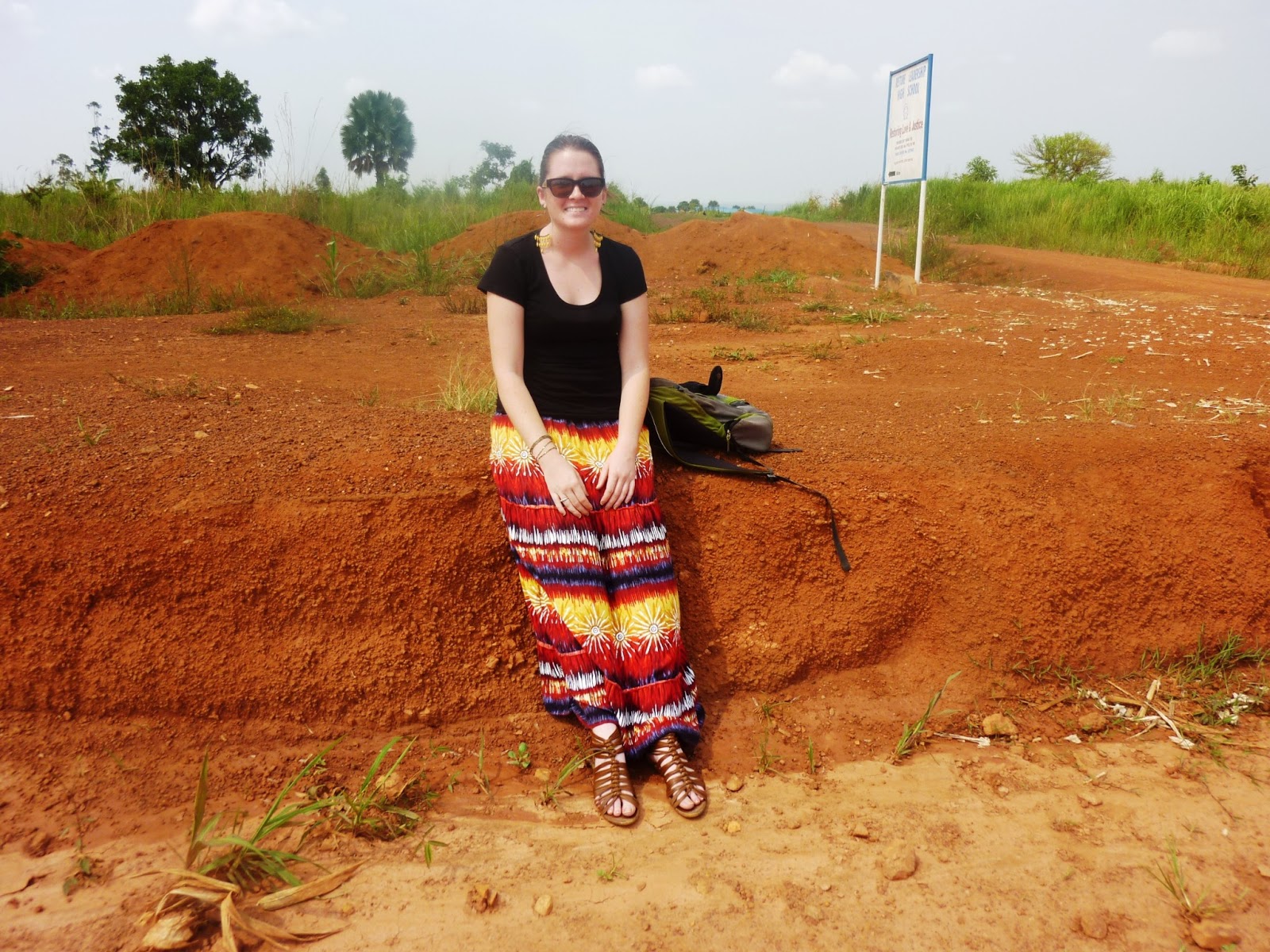John Kakooza was born on Dec. 12, 1993 in Lugazi,
Uganda. He was raised by his father. He never met his mother. John’s father was
an alcoholic and physically abused him so as a young boy of seven John ran away
to the streets of Kampala. He lived on the streets for two years and survived
by begging and collecting scraps of plastic and metal to sell.
 |
John |
John said, “The life was very hard by that time
because I was young. I had nowhere to sleep and no food so life was very bad. Sometimes
I used to look for scraps and bottles to sell and get money, but sometimes I
failed and I had to look through rubbish for leftovers to get food.”
John said he would rather live on the streets than
go back to living with his father. His father is a farmer and still lives in
Lugazi. John said, “The life (on the streets) was hard but I had freedom.”
One day when John was living on the streets he was walking
around with his friend looking for scraps and his friends showed him an
organization that could help him. John decided to ask that organization for
help and soon after he moved off the streets and into a house for children.
John said he was tired of life on the streets and he desperately wanted to go
to school. Unfortunately the organization John was living with was not well
funded. They barely had enough money to feed the kids much less pay school
fees. Despite the poor conditions at his new home John lived there for four
years hoping that one day he would be able to go to school. Eventually the
organization shut down and the boys were transferred to Cornerstone
Development’s (HALO’s current partner) youth program.
John lived at Kibuli home for two years but during
that time Cornerstone did not have enough funds to send all the kids to school
so John still wasn’t in school. He continued to wait patiently for his turn to
begin school. John said he wanted to study so much so he would look for other
organizations that could pay his school fees, but he never had any success.
Finally in 2008 when John was 15 he moved into
Bukesa home and was able to start school. He was very excited once he moved to
Bukesa and could begin school because as John said, “that was my dream.” He
entered school at the primary four level even though according to his age John
should have been in high school. John completed primary school at the end of
2012 at the age of 19. Although HALO gave John the opportunity to continue his
education at the secondary (high school) level he wanted to pursue a more
practical course. After not attending school for most of his childhood John
really struggled to do well in his classes. John loved school and was very
grateful for the opportunity to graduate from primary school but school was not
where his strengths lie and he realized that. John applied for the HALO
scholarship at the end of 2012 and was given the scholarship to continue his
education doing a training course in hair dressing. John will begin his
training in October 2013.
He said, “I am so happy (about the scholarship)
because I didn’t expect someone can spend all that money on me.”
Below is an interview with John about his upcoming
training and his future.
What
are you most excited about?
“The opportunity to learn a new skill.”
Why
are you interested in business?
“For me, it is a simple job where you can get money
without too much struggling. If you know it well you can start a small
business.”
Why
are you interested in hair dressing?
“The reason why I trained for hair dressing is
because in this country there are always new hair styles.”
What
is your plan for the future?
“I want to start my own salon and another business
after that.”
“I want to be independent. That’s mostly what I
need. I want to have a house for my babies and wife.”
“In my dreams I want to be a good dad and a good
businessman.”




































.JPG)






.JPG)







